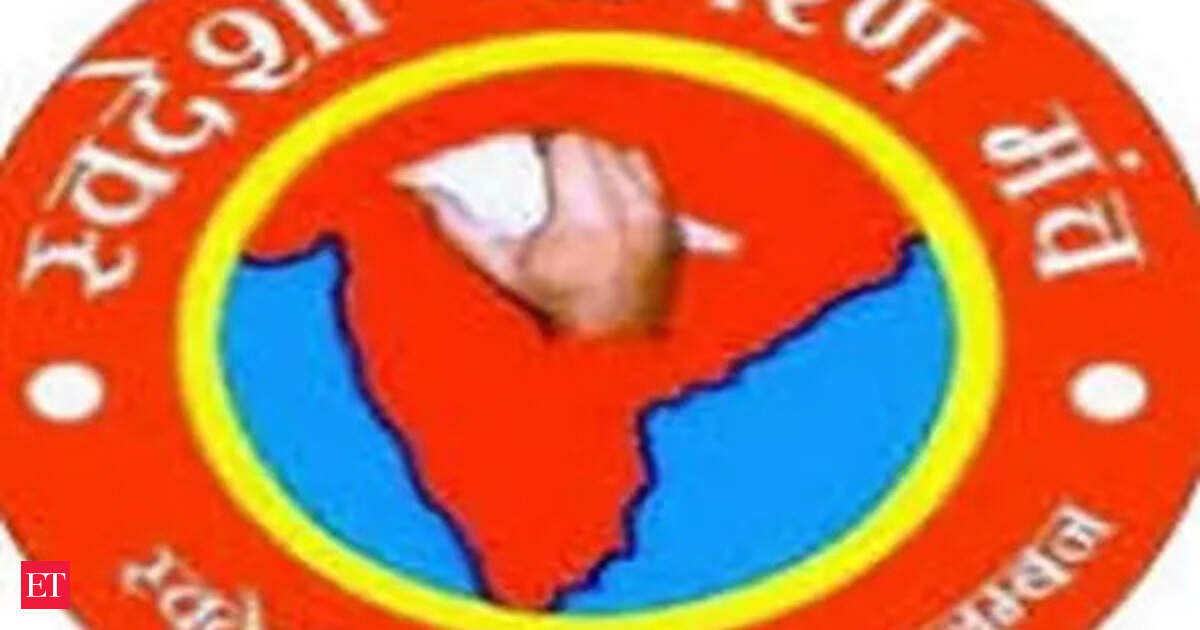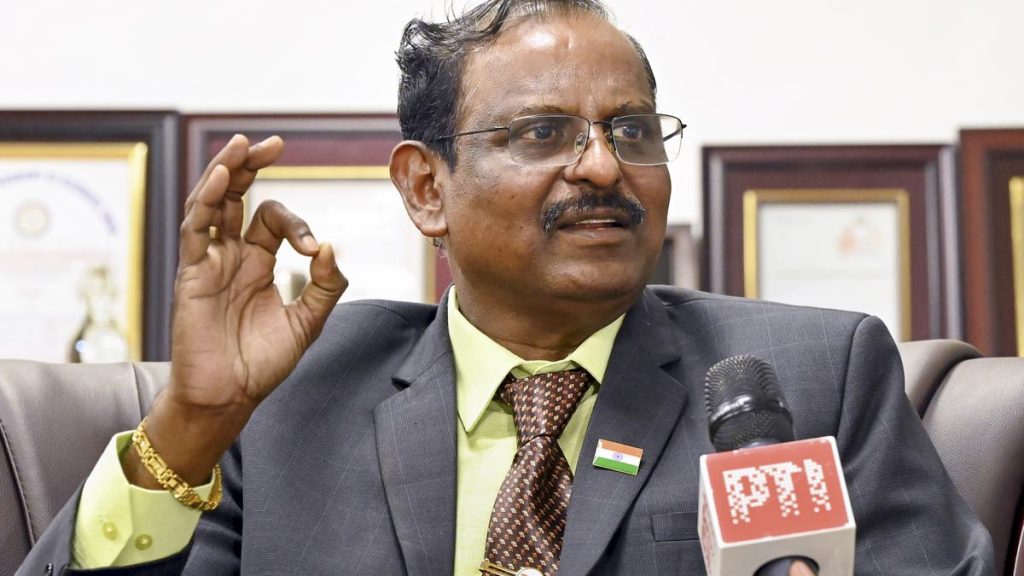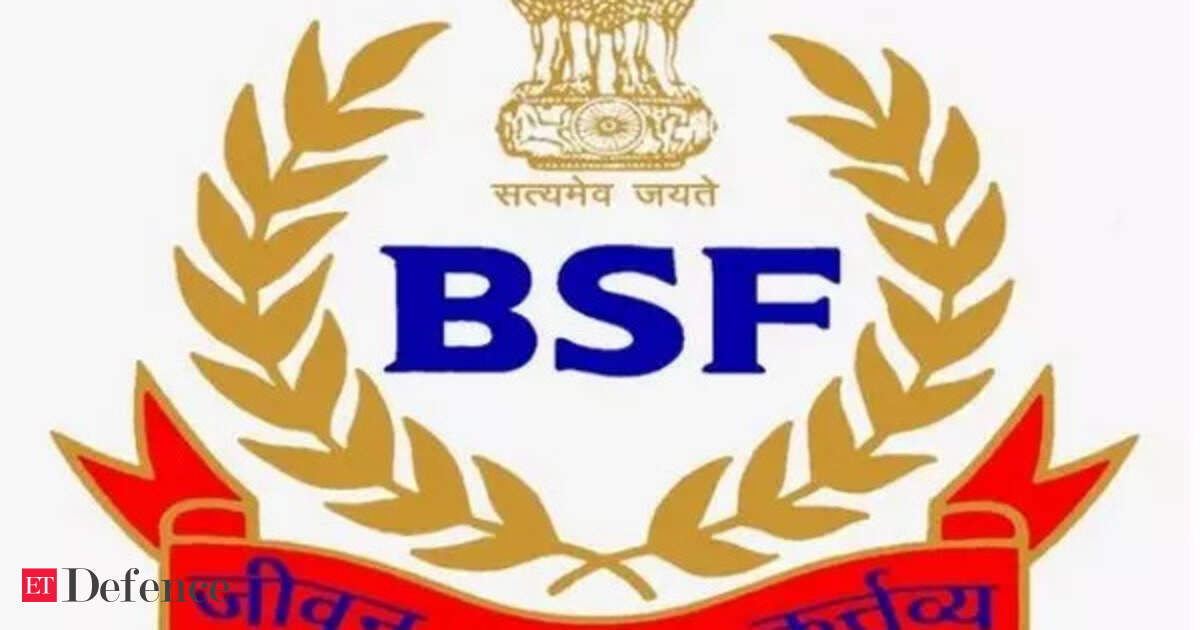Now Reading: SJM Criticizes US Tariffs on India as Unnecessary Punitive Action
-
01
SJM Criticizes US Tariffs on India as Unnecessary Punitive Action
SJM Criticizes US Tariffs on India as Unnecessary Punitive Action

Quick Summary
- The Swadeshi Jagran Manch (SJM) criticized the US for employing “coercive tactics” to gain access to Indian markets in sensitive sectors.
- US President Donald Trump announced a 25% tariff on India and additional penalties related to India’s trade with Russia.
- SJM emphasized India’s sovereign right to buy defense equipment and secure competitive crude oil prices without succumbing to external pressure.
- SJM urged the Indian government to maintain its stance, strengthen strategic autonomy, foster self-reliance (Aatmanirbhar Bharat), and advocate for multi-polar global trade order.
- They called for diversification of India’s trade partnerships, including strengthening ties with Latin America, Africa, BRICS nations, and the Global South beyond traditional partners like the US.
- Criticism was levied against punitive measures adopted by the US amid broader global challenges such as China’s rare earth restrictions weaponizing international trade chains.
- Praise was given for India holding firm during Free Trade Agreement (FTA) negotiations despite missed deadlines and avoiding concessions that could harm national interests like GM crop imports or data sovereignty policies.
Indian Opinion Analysis
The Swadeshi Jagran Manch’s response highlights broader tensions between India’s economic sovereignty goals and external pressures from larger economies like the United States. The critique of coercive tactics reflects a cautious approach aimed at shielding domestic sectors vital for food security, biodiversity protection, data control, and industrial self-reliance.
India’s firm stance in ongoing FTA talks underscores its commitment to negotiating balanced agreements while safeguarding sensitive interests such as agriculture and cross-border data issues.The push toward diversified trading relationships indicates strategic foresight in adapting to evolving geopolitical landscapes involving emerging actors from BRICS or the Global South.
While punitive measures by allies can strain partnerships, they also serve as catalysts for India’s focus on self-reliance-a trend embodied in initiatives like Aatmanirbhar Bharat.Balancing defensive postures with terms of mutual benefit is critical as global economic dynamics increasingly shift away from unipolar power configurations toward multipolar cooperation models.
Efforts at resisting undue pressure align well with India’s long-term developmental ambitions but require careful navigation not just diplomatically but across policy execution without undermining growth prospects or key international alliances.
























